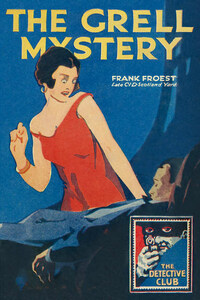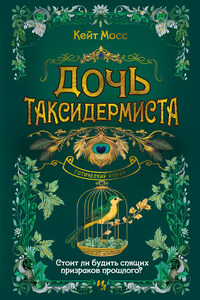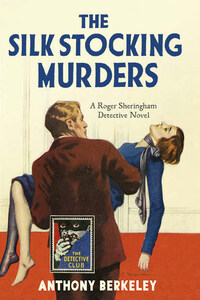Published by COLLINS CRIME CLUB
An imprint of HarperCollinsPublishers Ltd
1 London Bridge Street
London SE1 9GF
www.harpercollins.co.uk
First published in Great Britain 1913
Published by The Detective Story Club Ltd
for Wm Collins Sons & Co. Ltd 1929
Introduction © Tony Medawar 2015
Cover design © HarperCollinsPublishers Ltd 1929, 2015
A catalogue copy of this book is available from the British Library.
This novel is entirely a work of fiction. The names, characters and incidents portrayed in it are the work of the author’s imagination. Any resemblance to actual persons, living or dead, events or localities is entirely coincidental.
All rights reserved under International and Pan-American Copyright Conventions. By payment of the required fees, you have been granted the non-exclusive, non-transferable right to access and read the text of this e-book on screen. No part of this text may be reproduced, transmitted, down-loaded, decompiled, reverse engineered, or stored in or introduced into any information storage and retrieval system, in any form or by any means, whether electronic or mechanical, now known or hereinafter invented, without the express written permission of HarperCollins.
Source ISBN: 9780008137175
Ebook Edition © August 2015 ISBN: 9780008137182
Version: 2015-08-17
First published a hundred years ago, The Grell Mystery is best regarded as an early example of what has become known as the police procedural. However, it is also one of the earliest instances of a novel written by an individual who has already attained fame, in this case Frank Froëst, a former Superintendent at Scotland Yard and once the most famous policeman in the world.
Frank Castle Froëst was born in the West of England around 1858. He joined the Metropolitan Police in 1879 and was promoted to detective two years later. In 1903, Froëst attained the rank of Chief Inspector and in 1906 he was appointed Superintendent of the Yard’s premier division, the Criminal Investigation Department. According to contemporary newspaper reports, ‘Frankie’ Froëst was a genial, kindly-faced man, broad-shouldered and thick-set with twinkling blue eyes, a short greyish moustache and a misleading air of innocence. There are also numerous references to Froëst’s extraordinary strength and, in particular, his ability to bend coins and to tear a pack of playing cards in two.
There are therefore some similarities between Froëst and Heldon Foyle, the detective who resolves The Grell Mystery, and if its central puzzle has little in common with any of the crimes that Froëst himself investigated, the detective’s experiences and knowledge of what happened at a real crime scene give the novel a more realistic feel than many of its contemporaries. Heldon Foyle also works closely with the newspapers, something that Froëst was renowned for, but it is hard to believe that the real detective ever used disguise as Foyle does in The Grell Mystery. The book has a strong sense of place and the locations and minor characters are vividly realised.
Froëst achieved international renown in 1894 with the arrest of Jabez Balfour. In 1869, Balfour, a Liberal Party politician and one time Member of Parliament for Tamworth, founded the Liberator Permanent Benefit and Investment Society. The society grew to become one of Britain’s largest but its success was built on false accounting and, inevitably, it collapsed, owing millions and leaving thousands of small investors defrauded and penniless. Balfour promptly fled to South America with his wife and sister-in-law, and he must have believed himself far beyond the reach of the Metropolitan Police. But he had reckoned without Frank Froëst. Tasked by the Assistant Commissioner at Scotland Yard with bringing the financier to justice, the detective travelled to Argentina where, after a year of battling officialdom, he tracked down his man. However, the business of returning Balfour to England was far from straightforward. Working with a British diplomat, Froëst chartered a train and, narrowly evading arrest for murder en route when a local sheriff’s officer was killed trying to board the moving train, the two men reached the coast with their prisoner. Froëst chartered passage for Britain and as soon as the ship reached international waters he arrested Balfour who was later sentenced to fourteen years. The arrest was Froëst’s first major success and in the course of his long career there would be many, many others, including the resolution of the Liverpool Bank Fraud and the arrest of Dr Hawley Crippen after he too had fled from justice.









